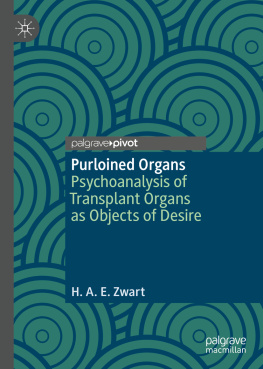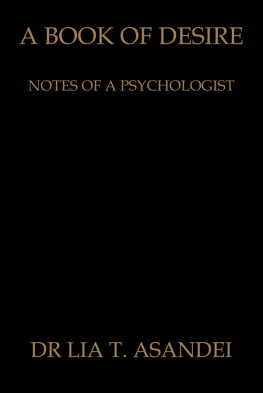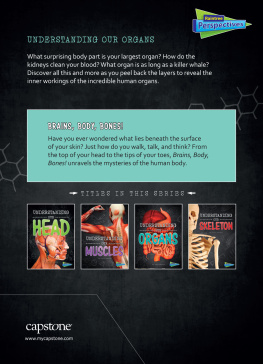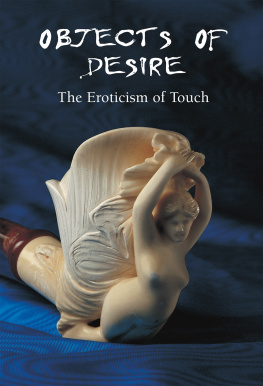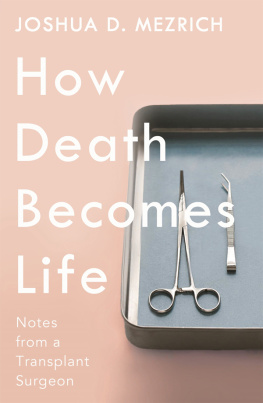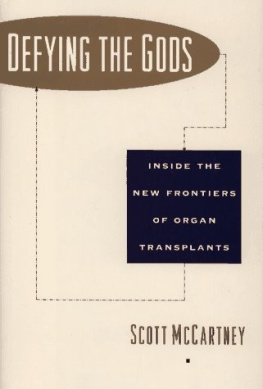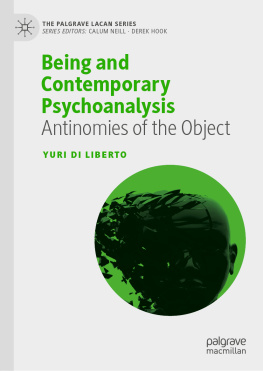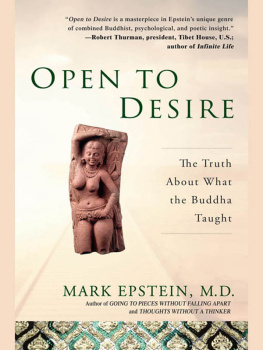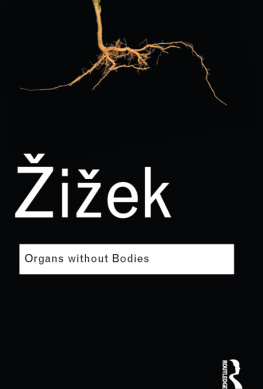H. A. E. Zwart - Psychoanalysis of Transplant Organs as Objects of Desire
Here you can read online H. A. E. Zwart - Psychoanalysis of Transplant Organs as Objects of Desire full text of the book (entire story) in english for free. Download pdf and epub, get meaning, cover and reviews about this ebook. year: 2019, publisher: Springer International Publishing, genre: Religion. Description of the work, (preface) as well as reviews are available. Best literature library LitArk.com created for fans of good reading and offers a wide selection of genres:
Romance novel
Science fiction
Adventure
Detective
Science
History
Home and family
Prose
Art
Politics
Computer
Non-fiction
Religion
Business
Children
Humor
Choose a favorite category and find really read worthwhile books. Enjoy immersion in the world of imagination, feel the emotions of the characters or learn something new for yourself, make an fascinating discovery.
- Book:Psychoanalysis of Transplant Organs as Objects of Desire
- Author:
- Publisher:Springer International Publishing
- Genre:
- Year:2019
- Rating:3 / 5
- Favourites:Add to favourites
- Your mark:
- 60
- 1
- 2
- 3
- 4
- 5
Psychoanalysis of Transplant Organs as Objects of Desire: summary, description and annotation
We offer to read an annotation, description, summary or preface (depends on what the author of the book "Psychoanalysis of Transplant Organs as Objects of Desire" wrote himself). If you haven't found the necessary information about the book — write in the comments, we will try to find it.
Psychoanalysis of Transplant Organs as Objects of Desire — read online for free the complete book (whole text) full work
Below is the text of the book, divided by pages. System saving the place of the last page read, allows you to conveniently read the book "Psychoanalysis of Transplant Organs as Objects of Desire" online for free, without having to search again every time where you left off. Put a bookmark, and you can go to the page where you finished reading at any time.
Font size:
Interval:
Bookmark:
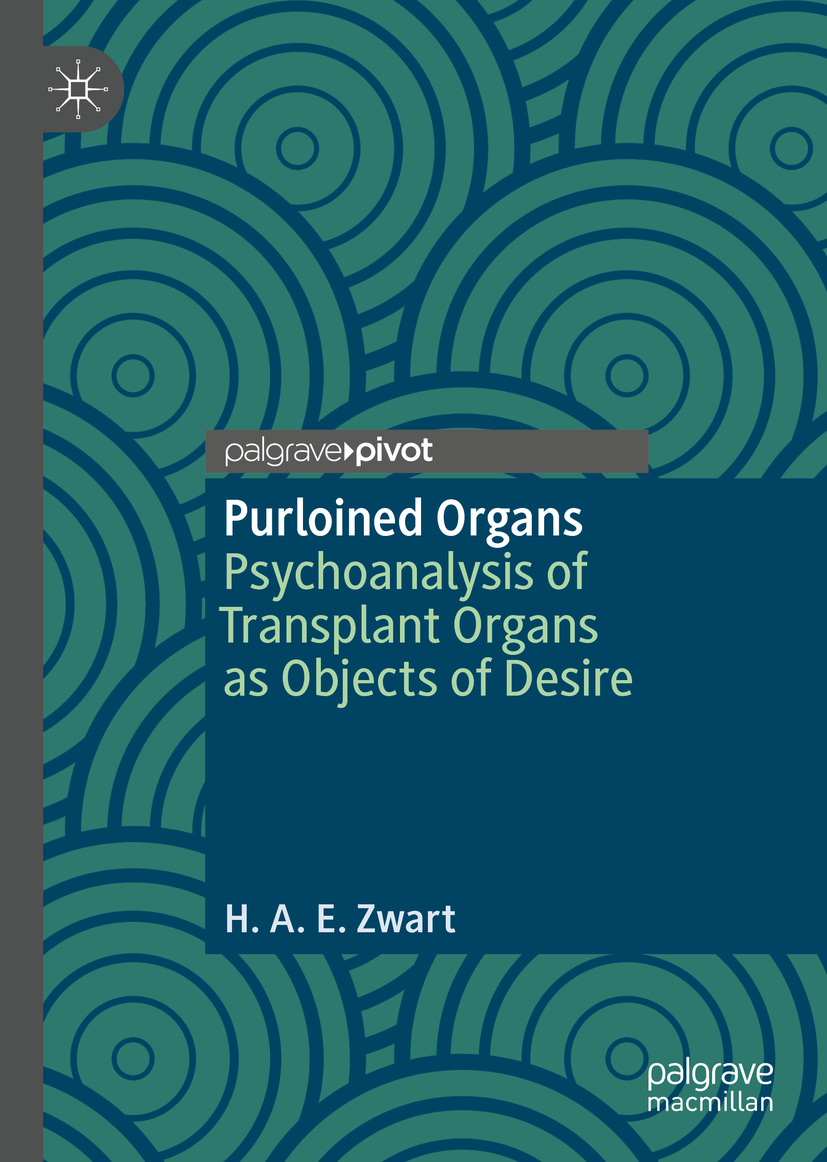

This Palgrave Pivot imprint is published by the registered company Springer Nature Switzerland AG.
The registered company address is: Gewerbestrasse 11, 6330 Cham, Switzerland
Bioethical discourse on organ donation covers a wide range of topics, from informed consent procedures and scarcity issues up to transplant tourism and organ trade. Over the past decades, this discourse evolved into a stream of documents of immense proportions. Beneath the manifest level of discourse, a more latent dimension can be discerned, revolving around issues of embodiment, the status of the human body and the concept of bodily integrity. Here, the body emerges as something which we have, but at the same time are, and as something which constitutes a whole, while at the same time being a set of replaceable parts. This study examines transplantation discourse from an oblique perspective, using literature and cinema as high-resolution magnifying glasses.
Bioethical discourse on organ donation and transplantation medicine covers a wide range of topics, from informed consent procedures and scarcity issues up to transplant tourism and organ trade . Over the past decades, this discourse evolved into a stream of documents of bewildering proportions, encompassing thousands of books, papers, conferences, blogs, consensus meetings, policy reports, media debates and other outlets. Beneath the manifest level of discourse, however, a more latent dimension can be discerned, revolving around issues of embodiment, the moral status of the human body and the concept of bodily integrity . This publication aims to bring these deeper questions to the fore. What is envisioned is a depth ethics (the moral equivalent of a depth psychology ) focussing on the tensions, conflicts and ambiguities at work in bioethical deliberations on organ transplantation , fuelling the viewpoints articulated on the more manifest levels of discourse. Organ donation reopens the question of the status of the body as something which we have, but at the same time are, and as something which constitutes a whole, while at the same time being a set of replaceable elements or parts.
Transplantation medicine affects the way in which we experience ourselves as embodied subjects (Blackman ).
Beyond the societal impact of transplantation medicine , often framed in bioethical terms, an ontological dimension can be discerned. Transplantation medicine reinforces (and at the same time builds on) a particular understanding of human embodiment, namely the view of the human body as an aggregate of replaceable, exchangeable and exploitable parts: items that should not be allowed to go waste . As iek (, p. 239). Seen from this perspective, organ trafficking (the emergence of a global clandestine organ market) is a symptom of a more comprehensive ontological event: the advent of the body as an organ recycling resource.
As Lesley Sharp (), between the commodifiable and the inviolable body, between lucrative and intrusive surgical practices on the one hand and a rhetoric of dignity and benevolence on the other.
To bring this ontological tension to the fore, a depth ethics is called for, bypassing (bracketing) the more immediate (manifest) ethical issues at hand, in order to focus on the more basic (latent) conceptual shifts that are unfolding on a different scene or stageor Schauplatz, to use the Freudian term () are taken into account. These tensions and ambiguities will be addressed from a psychoanalytical angle. Notably, the work of Jacques Lacan (19011981) will be used to highlight some of the contradictions and ambivalences of bodily existence surfacing in the contemporary transplantation debate.
The attempt to approach organ donation from a Lacanian perspective may cause some raised eyebrows. To begin with, besides the interpretative difficulties raised by the idiosyncrasy of his oeuvre, Lacan hardly ever addressed topics such as organ donation or transplantation medicine , so that the idea of extrapolating his views to such topics seems a hazardous endeavour. Moreover, Lacan himself explicitly discards the feasibility of applied psychoanalysis , calling it a silly deviation.). Given the fact, however, that bioethical quandaries are seldomly addressed by him directly, a short introduction into his views on embodiment will be an indispensable preparatory exercise. Subsequently, I will elucidate these views with the help of bodily practices which are more abundantly discussed in the psychoanalytical literature, and in Lacans writing in particular (and which, like organ donation , involve gifts of the body), notably sexuality and Christianity. Building on this conceptual framework, I will further develop my Lacanian approach to transplantation medicine with the help of a series of case studies. Before fleshing out my Lacanian viewpoint in more detail, however, I will first outline the historical-ontological backdrop: the emergence (in philosophy, literature and art) of the fractious body, whose integrity is both endangered and safeguarded by modern biomedicine .
Font size:
Interval:
Bookmark:
Similar books «Psychoanalysis of Transplant Organs as Objects of Desire»
Look at similar books to Psychoanalysis of Transplant Organs as Objects of Desire. We have selected literature similar in name and meaning in the hope of providing readers with more options to find new, interesting, not yet read works.
Discussion, reviews of the book Psychoanalysis of Transplant Organs as Objects of Desire and just readers' own opinions. Leave your comments, write what you think about the work, its meaning or the main characters. Specify what exactly you liked and what you didn't like, and why you think so.

